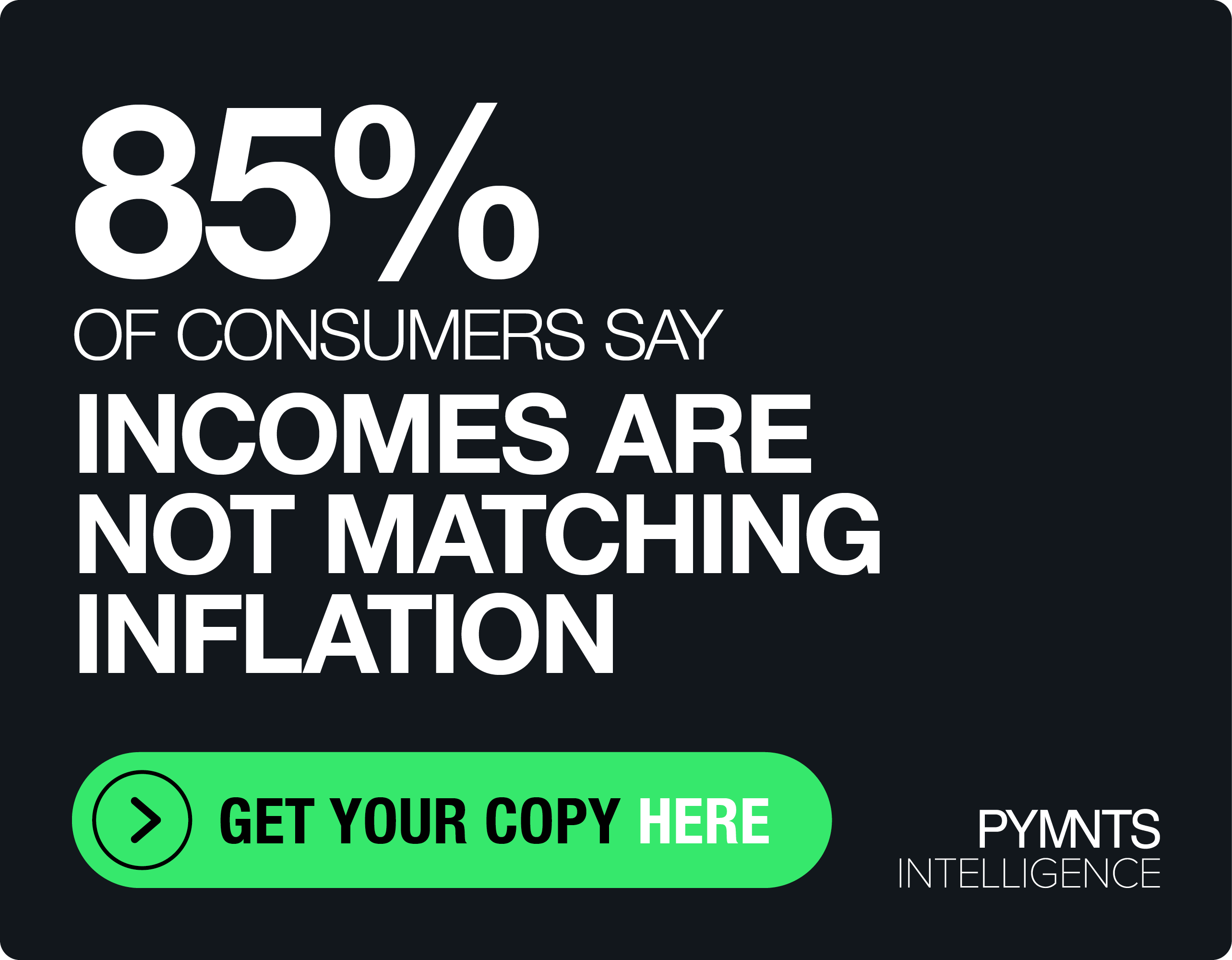Groupon Tries To Reach A More Lucrative Consumer Base

Hey, did you hear about Groupon?
When was the last time anyone said that to you?
No offense against Groupon, the relatively longstanding online discount provider, but the spotlight hasn’t been shining so brightly on the Chicago-based company in recent years. But in recent weeks, it’s felt as though Groupon has been reminding us it’s still around.
In early August, for instance, Groupon bought an AI-driven voice and text messaging tool called Presence AI, according to a press release.
The tool is meant to enhance a customer’s ability to communicate with a merchant. A study by eMarketer shows that most people, especially millennials, prefer to chat or message instead of calling on the phone.
Presence AI will solve this issue for Groupon by offering a 24/7 assistant that will directly integrate with a business’ existing scheduling software and remove the need for paperwork. It will handle bookings, give immediate answers to customers’ questions and remind customers when they need to re-book.
Groupon has been steadily growing, with its bookable inventory going up 12 percent year over year. The company said it booked tens of millions of concerts, dinners, spa visits and other activities for its customers last year. As the company moves toward “universal bookability” for certain things, it said Presence AI’s tech will give merchants the support they need.
More Discounts
And that’s not all.
Groupon has announced an additional discount program called Groupon Select.
The program’s benefits include an extra 25 percent discount on local deals, an extra 15 percent off all Groupon Goods orders plus free shipping, and an additional 10 percent off travel, tickets and live events. The program costs $4.99 a month. After the first payment, participants can get a $5 Starbucks gift card.
The discounts are applied automatically at checkout, with no promo code required. There are no order minimums or savings caps when using the program.
The program is available in the United States, but there are plans to expand it internationally. Some additional benefits include discounts on popular items like sports teams, theme parks and cultural attractions, with no limitations on how many deals can be bought in a day. Groupon also plans to add a perk that offers 25 percent off movie tickets.
The company also recently entered into a distribution partnership with internet and media company Prodege, with the aim of Prodege providing its customer base with more money-saving and rewards-earning opportunities. With the new partnership, Groupon will provide Prodege with card-linked offer content for local restaurants and other merchants. Prodege members will be able to load Groupon’s card-linked offers onto an eligible payment card and receive cash back or points redeemable for other retailers’ gift cards.
More Losses
Even amidst all this new activity, not all of the news is so optimistic for Groupon. In the second quarter of 2019, the company reported a net loss from continuing operations of $38 million, compared to $92.3 million for the same period last year. Revenue declined 14 percent year over year to about $532.6 million.
Groupon said it is trying to shift toward a new and more lucrative consumer base. “Marketing expense was $88.9 million in the second quarter 2019, down 6 percent as we continue to refine spending toward higher-value customers,” the company noted.
Groupon also has other plans. Earlier this year, the company – which started selling products online via its Groupon Goods offering in 2011 – was reportedly “testing a service to help mom-and-pop shops sell their unwanted goods at a discount.” It is said that the service will “notify customers when there’s a sale or discounted items nearby. Customers also will have options to order items online and receive them the same day or pick them up at a retail location.”
The offering would not only fit into the online liquidation trend, it would also give Groupon a new way to attract customers. It also reflects a larger trend of online operators trying to work more closely with small and local businesses – one that is playing out in the on-demand food delivery industry, for example, as startups seek an edge and niche in a fiercely competitive field that is dominated by big players.
What’s next for Groupon? Hard to say. But expect more experimentation as the company seeks its new sweet spot and tries to regain its revenue footing.
